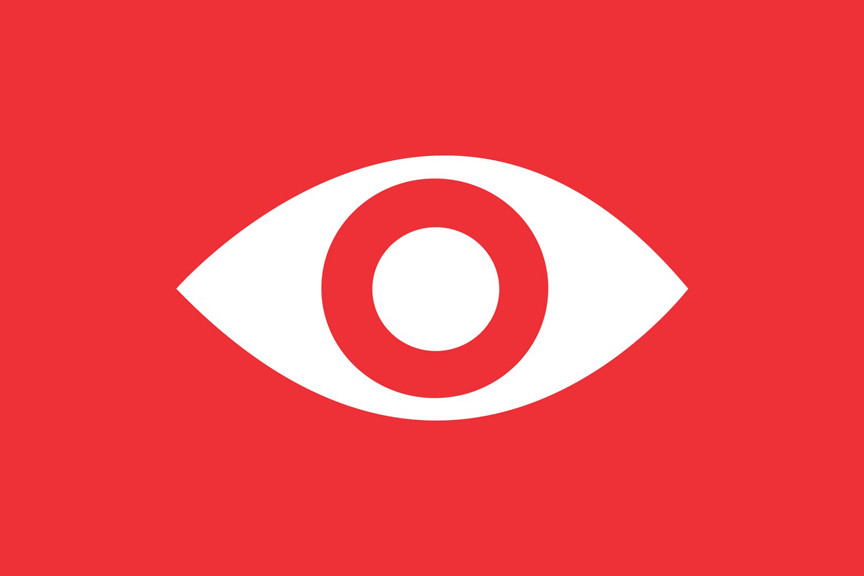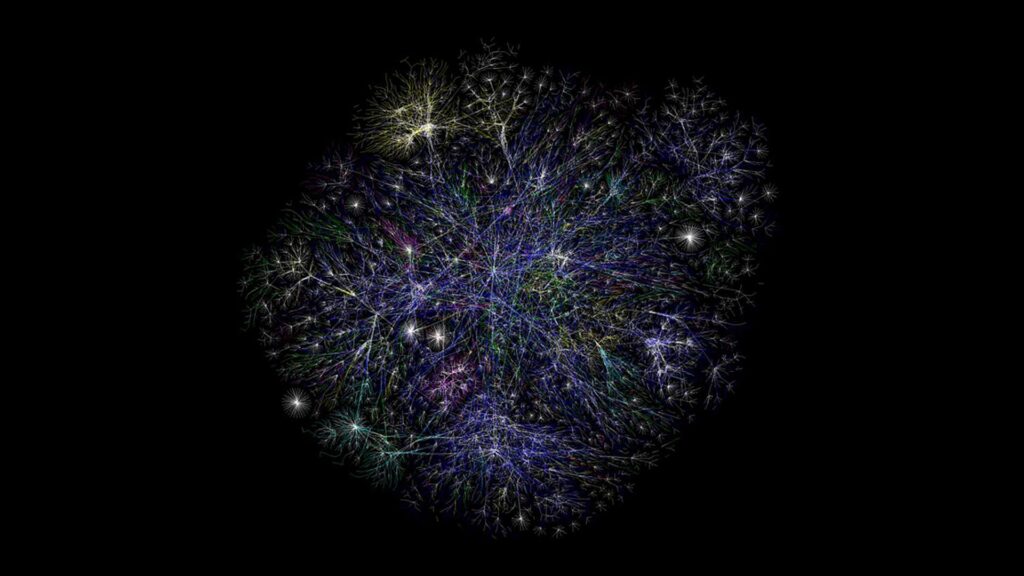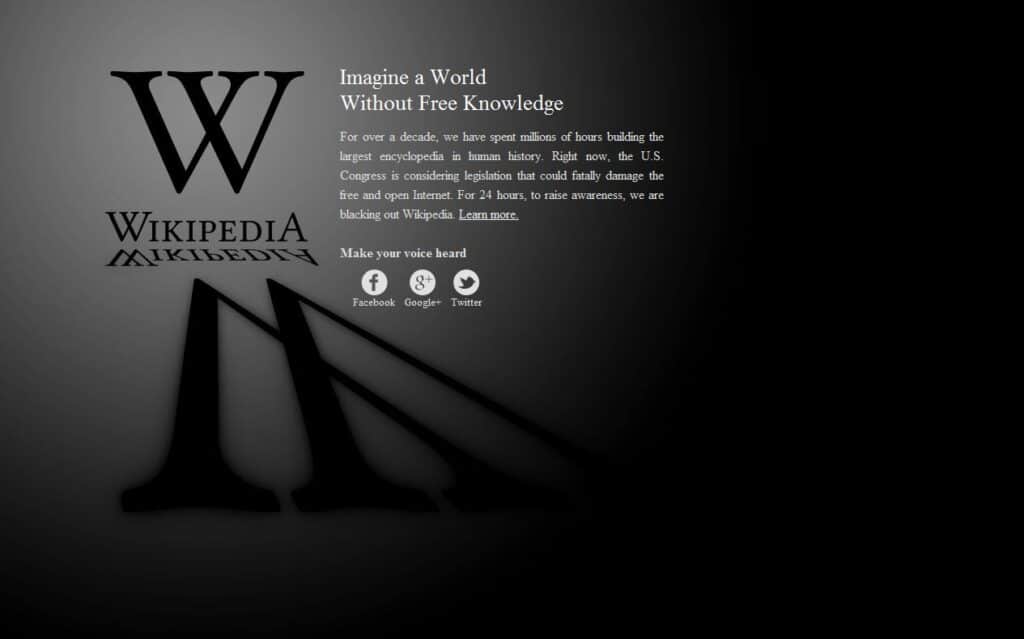The Psychedelic Renaissance owes its life to an open internet
We must remember how in less than two decades, an open internet enabled us to bridge some deep cultural divides, dismantle three-quarters of a century worth of drug propaganda, crowdsource massive databases of drug information, and crowdfund millions of dollars for FDA-approved research on psychedelics.

Psymposia is a 501(c)(3) nonprofit research and media organization that offers critical perspectives on drugs, politics, and culture. We rely on contributions from our readers and listeners. Your support is vital to sustaining Psymposia.
Support Psymposia’s independent journalism on Patreon and help us drive the Mystery Machine! We’re a bunch of meddling kids who are unmasking the latest shenanigans on the psychedelics beat.
Psychedelics are a powerful method of modifying consciousness. They have a profound ability to open people’s minds to entirely new ways of thinking that often remain long after the immediate effects of the drug have dissipated, often evaporating anxieties and complexes and sometimes initiating lasting positive personality change. Across thousands of academic research studies, the majority of participants who took psychedelics report that the experience was one of the most important of their lives.
Psychedelics do not discriminate. In the proper set and setting, they can make transcendental, mystical, and archetypal experiences historically relegated to religious and spiritual icons available to nearly anyone who chooses to ingest the substance.
In a more mundane way, such is the internet: anyone who chooses to seek information on a particular subject can access it via a wide spectrum of websites, from scholarly archives and government databases to research posted on personal blogs and databases of user-generated content. In both cases, such is knowledge: the connections we make change the way we see ourselves and the world.

Net neutrality is the idea that internet service providers (ISPs) must treat all data traveling over their networks equally, without discrimination against any specific websites, apps, or services. This means that regardless of the source of data, whether it be Google, Twitter, alternative media outlets like The Young Turks, or your own personal website, it will all be carried along the network without discrimination or preference.
Net neutrality prevents ISPs from becoming gatekeepers of internet traffic by ensuring that they do not show preference to any particular data, such as data belonging to companies that pay a special premium for unthrottled access to consumers. The open internet would become more like cable television services, where your content is at the mercy of the service provider. Sometimes referred to as creating an internet speed lane, in reality no data would travel faster, but data from non-preferred sources would be much slower. ISPs could charge extra for data when the network is busy, similar to Uber’s surge charges, or websites would simply not load.
Net neutrality can also be argued from an anti-censorship perspective. If ISPs can disrupt service based on the source of data, it is not hard to imagine that websites hosting content that threatens the financial wellbeing of powerful industries could be throttled or blocked entirely by imposing a fee that website hosts can’t afford.
Consider the lengths taken by Energy Transfer Partners, the corporation behind the construction of the Dakota Access Pipeline, to suppress the NoDAPL movement, such as hiring private security firms who attacked peaceful water protectors with dogs, water, pepper spray, and concussion grenades. Without net neutrality, ETP would have had another weapon—suppressing online speech and communication, which was absolutely instrumental to the movement’s actions.
The internet is a vibrant platform for information, innovation, expression, and community. It allows egalitarian access to an unimaginably immense archive of human culture and knowledge. Even if the two are not directly related, it is poetic to recall that both the psychedelic revolution and the invention of the internet took place in the 60s, and the epicenter for both events was California.
A new method of communication and a new culture were born, and in so many ways technology and the psychedelic revolution developed together. Microdosing became a mainstream conversation after articles were written on sites like HackRead and Forbes, detailing the experiences of Silicon Valley icons who used LSD to enhance creativity and problem-solving abilities.
We must remember how in less than two decades, an open internet enabled us to bridge some deep cultural divides, dismantle three-quarters of a century worth of drug propaganda, crowdsource massive databases of drug information, and crowdfund millions of dollars for FDA-approved research on psychedelics.
In so many ways, the psychedelic renaissance owes its life to an open internet.

This year, the FCC proposed changes to the measures instituted by the Obama administration, which would effectively end net neutrality as we know it. The fight to keep net neutrality has been a difficult task, but getting it back may prove to be nearly impossible.
This is far from the first time net neutrality has come under attack. In 2012, the SOPA and PIPA bills were introduced into Congress with strong monetary support from the telecom and entertainment industries. These bills not only threatened net neutrality, they criminalized any publication of copyrighted material under threat of domain suspension, allowing ISPs to take down websites without a warrant or due process.
In response, the internet rose up, initiating the largest online protest in history. The SOPA/PIPA blackout inspired hundreds of thousands of people to contact their legislators, and a bill which seemed uncontested and guaranteed to pass was successfully blocked.
We must stand together again to save the open internet. The FCC is accepting public comments, and to this date over five million comments have been submitted. Add your own, and encourage everyone you know to do so.
Net neutrality is psychedelic, and just as we are serving future generations by legalizing medicinal psychedelics and breaking the stigma of exploring our own consciousness, we must ensure that ISPs (and/or dystopian governments) are legally prevented from discriminating against information based on its source.
While we fight for the right to access the depths of our consciousness, we must ensure that we protect the right to access data in the cybersphere. By protecting cognitive liberty—both the right to use drugs and the right to access information—we may be able to save our world from the mistakes of the past by integrating lessons for the future.
Hey! Before you go… Psymposia is a 501(c)(3) non-profit media organization that offers critical perspectives on drugs, politics, and culture. We strive to ask challenging questions, and we’re committed to independent reporting, critical analysis, and holding those who wield power accountable.
Our perspectives are informed by critical analysis of the systemic crises of capitalism that have directly contributed to the unmitigated growth of addiction, depression, suicide, and the unraveling of our social relations. The same economic elite and powerful corporate interests who have profited from causing these problems are now proposing “solutions”—solutions which both line their pockets and mask the necessity of structural change.
In order for us to keep unpacking these issues and informing our audience, we need your continuing support. You can sustain Psymposia by becoming a supporter for as little as $2 a month.
Erica Darragh
Erica is a harm reductionist, peer educator, and community organizer working in drug policy reform, climate justice, and digital rights advocacy.






